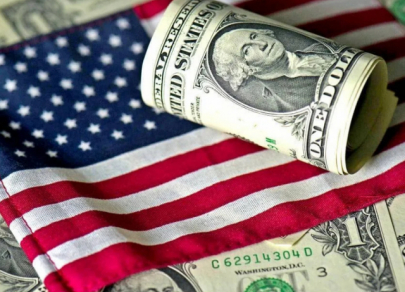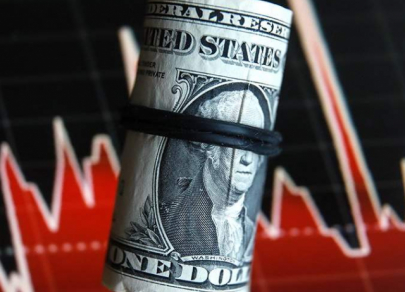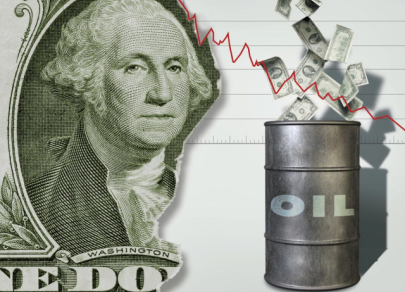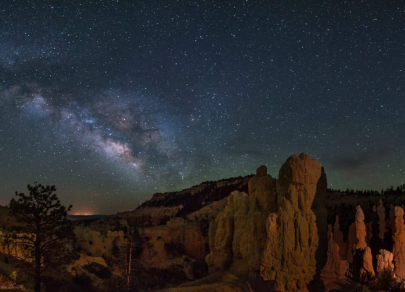
Main beneficiaries of stellar crypto rally in 2024
In 2024, the cryptocurrency market amazed investors with a staggering rally. Its capitalization reached a record $3.3 trillion, nearly double the figures from the previous year. This impressive uptrend kept several billionaires at the top and boosted their fortunes. Let's find out the main beneficiaries of this remarkable growth.


















